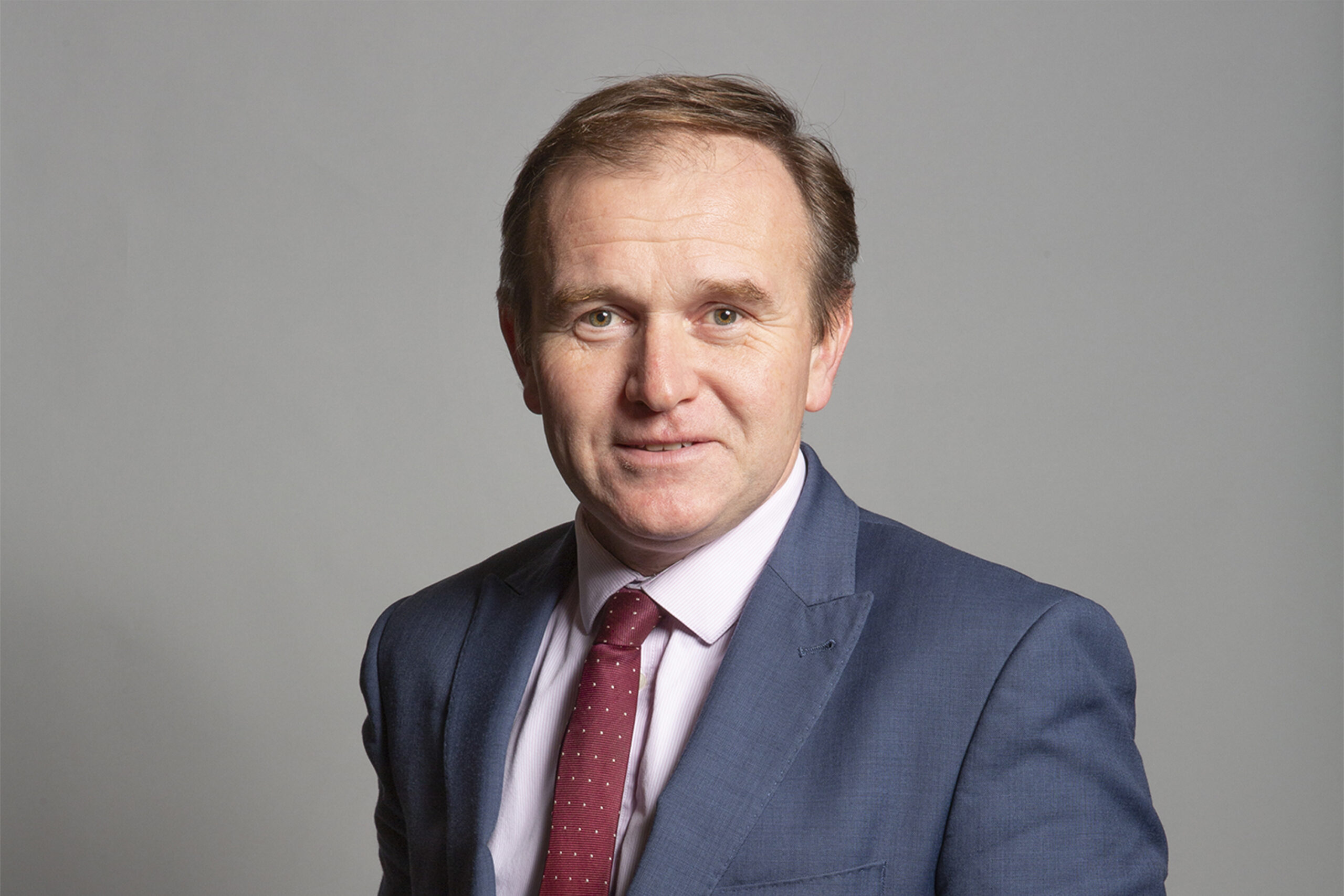The British horseracing industry is important and successful, and the UK is a global leader in thoroughbred breeding. However, it is also a sector that faces some challenges: some financial and others relating to the growing pressure on the social licence that is necessary for horseracing to continue. Behind episodes such as the invasion of the course by animal rights activists at the grand national last year, there is a broader but far less vociferous public concern about equine welfare linked to horseracing and, in particular, the fate of horses that retire from horseracing. It is my view that activities that depend on the maintenance of that social licence for their continuation cannot take those matters for granted or dismiss such things as the views of animal rights activists. They have to work constantly to improve their approach to animal welfare.
The Horserace Betting Levy Board was established under the Horserace Betting Levy Act 1961, which was amended by several other Acts. It collects almost £100 million a year from bookmakers. The HBLB is currently principally governed by the provisions of the Betting, Gaming and Lotteries Act 1963. That Act sets out three quite broad criteria for the HBLB to pursue, which are improving breeding, investment in veterinary science, and another incredibly broad provision, which is simply to improve horseracing. That can be interpreted in a very broad way.
In the aftercare sector, the HBLB has been found wanting. The 1963 Act gives the Secretary of State a clear, direct power—a power that is exercised by the current Minister. Section 25 of the 1963 Act says that the HBLB can carry out any of its activities only “with the approval of” the Secretary of State and “subject to any conditions” that the Secretary of State might choose to put in place. It is a very broad power. It goes beyond the Secretary of State just approving a business plan every three years. There is no need for the Minister to wait for that. The Minister has a very clear power under section 25 to intervene and give a direction at any point that he might choose. It gives him the power to disregard any business plan, should he choose to, and to disregard the views of the horseracing industry or, indeed, the bookmakers when it comes to determining the correct level of the levy collected.
Let us look at the current business plan for the HBLB. What does it do with the £100 million that it has? The short answer is that the overwhelming majority of it, £79 million a year, is blown on prize money. Indeed, its report suggests that during the covid crisis, when the Government made available all sorts of grants to help industries in distress, a £21.5 million additional grant from the taxpayer was given to the HBLB. What did it do with that extra money? It spent it on prize money. I recognise that in horseracing globally there is a culture of prize money and that the UK is trying to compete with others internationally. But I would contest the point in this way. Why can the industry not find sponsors to help to provide the prize money? Why is it always the animal welfare sector that has to deal with the external costs of horseracing and be expected to go round with a begging bowl, asking for charitable donations, while prize money is deemed to be a right and paid for by the taxpayer?
I have a few key proposals to resolve this: Firstly, it is my view that responsibility for the HBLB should be transferred to the Department for Environment, Food and Rural Affairs. The reason for that is that DEFRA is the principal Department dealing with other levy bodies, such as the Agriculture and Horticulture Development Board. It has a lot of experience of levy bodies and how to govern them effectively. It is also the Department that has the most veterinary expertise, through the Animal and Plant Health Agency, and tends to have Ministers who have a passion for and an interest in equines.
Secondly, I propose that the current Minister and the Department for Culture, Media and Sport should be far more assertive in its approach to the HBLB. They should not see their role as simply arbitrating on a dispute about what the level of the levy should be or just approving a business plan every few years but should use their power to direct in section 25 to be very clear that they want more money to go on animal welfare. Finally, I recommend the Minister uses his power under section 25 to tell the HBLB that he expects it to give £12 million a year, out of its £99 million budget, to the aftercare sector. I believe that it can do so by top-slicing the budget and making that £12 million available to the Retraining of Racehorses charity, or to the Horse Welfare Board, or to a combination of the two.
We must reassess the priorities within the horseracing industry, acknowledging the challenges it faces. The time has come for a holistic approach that safeguards the welfare of retired racehorses and upholds the integrity of horseracing for generations to come.


